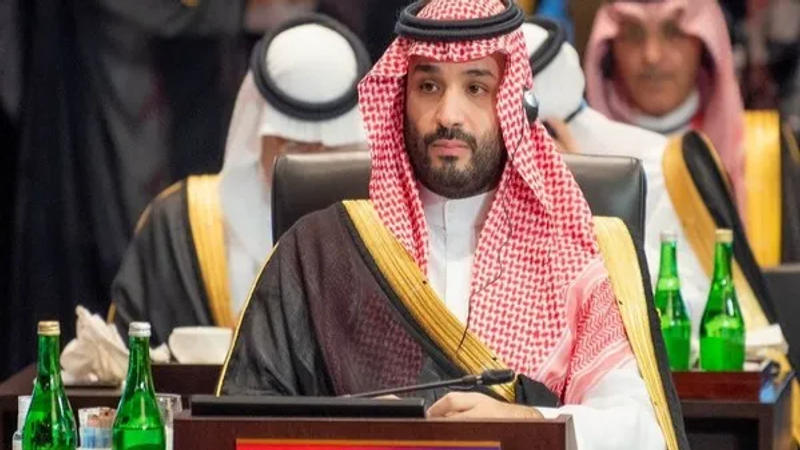Published 17:43 IST, December 20th 2023
Saudi’s best foreign investment will be in Gaza
Leaders at the Joint Arab Islamic Extraordinary Summit, which concluded in Riyadh, jointly condemned the “brutal Israeli aggression against the Palestinians.

Fortunes of war. The war in Gaza leaves Mohammed bin Salman with a choice. In 2024, Saudi Arabia’s crown prince could keep using the kingdom’s $700 billion Public Investment Fund to buy Western corporate and sporting trinkets. A more far-sighted policy would see him help finance the reconstruction of Palestine.
A few months into the war, that might sound implausible. The bloody invasion of Gaza that followed Hamas’ murder of around 1,200 people in Israel on Oct. 7 had as of early December killed over 14,000 Palestinians. A November summit of Arab and Islamic leaders, chaired by MbS in Riyadh, castigated Israel for “war crimes”. Prime Minister Benjamin Netanyahu said in early November he wanted Israel to control a post-war Gaza, increasing the risk that a weakened Hamas or a different extremist group maintains the support of significant numbers of Palestinians. If Donald Trump gets re-elected as U.S. president in 2024, his zealous support for Israel could polarise the situation further.
Yet it’s possible to imagine a better scenario. If Israel ditches Netanyahu’s discredited far-right administration, a more moderate government might reopen Palestinian peace talks. Gulf states, the Carnegie Endowment for International Peace theorises, could promote a new version of the 2002 Arab Peace Initiative. The first incarnation saw major Arab states offer peace and normalised relations with Israel in return for measures that included the establishment of a sovereign Palestinian state. In 2024 Palestinians could be offered, among other things, financing and diplomatic assistance to recover.
It’s unclear who would lead a post-war Palestine, so such an outcome is fraught with difficulties. But it would suit MbS, who was already pursuing normalisation talks with Israel before Oct. 7. His Vision 2030 scheme to pivot Saudi’s economy away from oil requires $100 billion of foreign direct investment inflows annually by 2030, but in 2022 the kingdom only managed $33 billion, even after overhauling its FDI methodology. Securing what’s needed requires a quieter Middle East, not a war-torn one.

Despite the $120 billion in extra net oil export revenues Saudi received in 2022 relative to 2021, Riyadh doesn’t have limitless resources to throw at Gaza. The kingdom may have budget deficits until 2026, Capital Economics flags. If oil prices slump, big diversification projects like MbS’s flagship Red Sea city Neom might face capital spending cuts.
Yet one key reason why FDI inflows into Saudi have stuttered is foreign investors’ misgivings about MbS himself following the murder of journalist Jamal Khashoggi by Saudi agents in 2018. If the Saudi leader were to host a major Arab peace conference in Riyadh and offer billions of dollars in scarce resources in reconstruction aid, he could build a more positive reputation. Western leaders and investors might see him more as a statesman and less as a loose cannon.
That would still be a risky use for Saudi resources. But plenty of PIF punts, like its $45 billion bet on the SoftBank Vision Fund, went wrong without yielding any political benefits. If U.S. and European investors became more sanguine about heading to Riyadh, it could be the best investment MbS ever made.
(This is a Breakingviews prediction for 2024. To see more of our predictions, click here.)
Context News
Leaders at the Joint Arab Islamic Extraordinary Summit, which concluded in Riyadh on Nov. 11, jointly condemned the “brutal Israeli aggression against the Palestinian people in the Gaza Strip and in the West Bank”. Delegates, which included Gulf state leaders and Iranian President Ebrahim Raisi, said it was “impossible to achieve regional peace while overlooking the Palestinian cause or attempting to ignore the rights of the Palestinian people”.
Updated 17:43 IST, December 20th 2023





